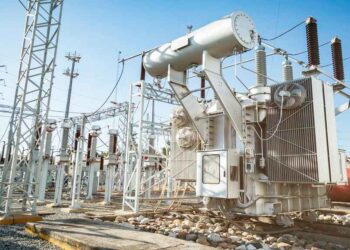Uncertainty of investments caused by a financial downturn and renewable energy are the two biggest concerns of Asia’s electric industry according to Black & Veatch’s first-ever Strategic Directions: Electric Industry Asia 2021.
Based on data provided by senior energy industry leaders, the report points to the need to balance affordability and pressure to decarbonize power generation while integrating reliable and resilient systems to cope with natural disasters, extreme weather events and the intermittency of renewable energy. Threats to reliable grid operations and performance across Asian electricity markets include:
“Financing and integrating renewable energy are of most concern for the region’s electric industry as we continue to manage through the impacts of COVID-19,” said Narsingh Chaudhary, Black & Veatch’s Executive Vice President & Managing Director, Asia Power Business. “We see a need for more integrated solutions across generation, transmission and distribution, as well as the expansion of gas-fired generation and energy storage to improve efficiencies and resilience.”
The most significant investment growth in new capacity over the next three to five years is expected in renewable energy. Solar (land), energy storage, solar (floating), wind (offshore) and microgrids represent the top five categories. The lower levelized cost of energy was viewed as the primary driver for renewable energy investments, with improvements in bifacial solar photovoltaic (PV) technology and advanced array configurations yielding greater efficiencies for solar PV facilities globally.
A future for gas-fired power generation is also expected beyond 2035, with 66 percent of respondents believing gas will feature as a significant component of the grid while only 18 percent see a similar role for coal-fired power generation. Often seen as a bridging fuel, gas will serve as baseload generation and stabilize the grid alongside an expected increase in battery energy storage system deployment.
“The industry expects more near-term investments reprioritized to existing assets compared to new builds or even investment deferment,” said Harry Harji, Associate Vice President for Black & Veatch’s management consulting business in Asia. “COVID-19 could serve as an important inflection point that spurs greater digitization, remote diagnostics and monitoring, and more efficient asset management practices as a whole.”
Looking out to an uncertain 2021, government regulators (66%) continue to be viewed as the most influential agent of change, underlining their critical role in the months ahead.





































